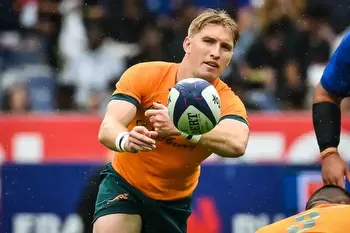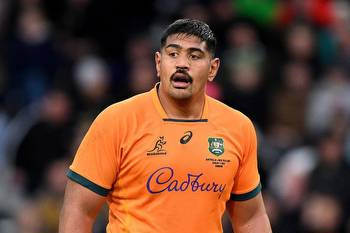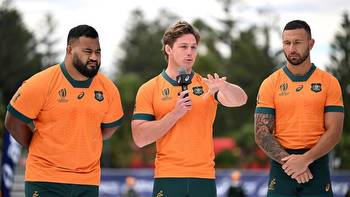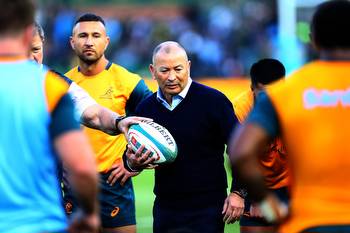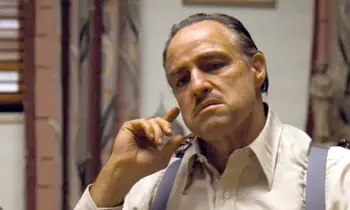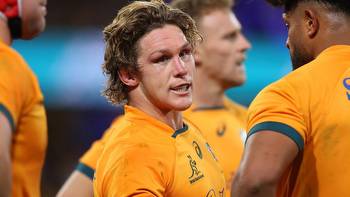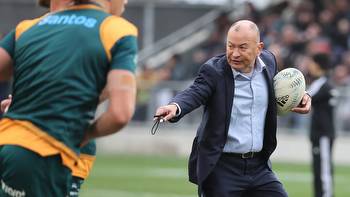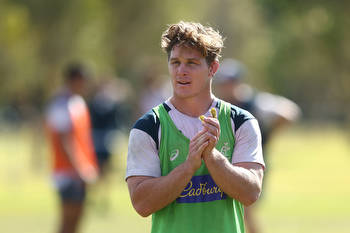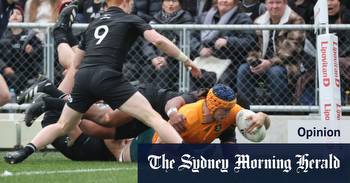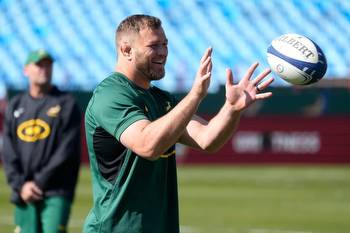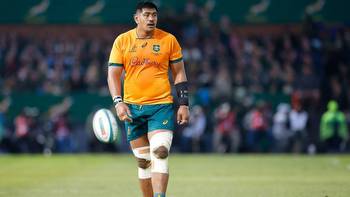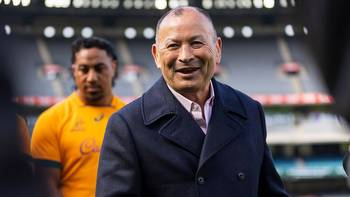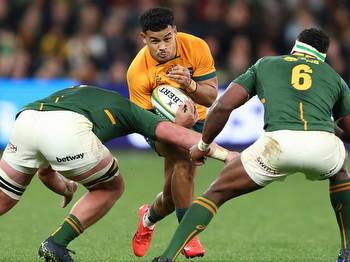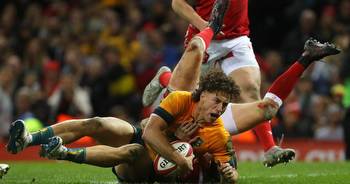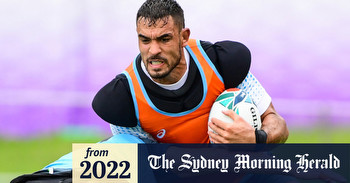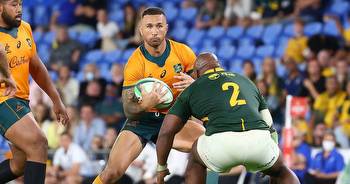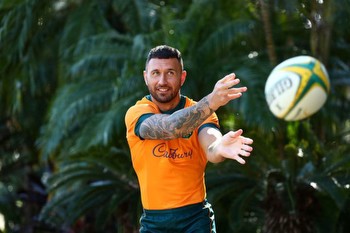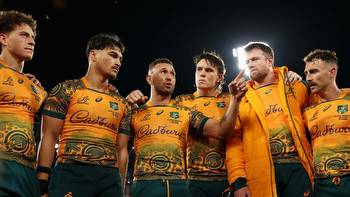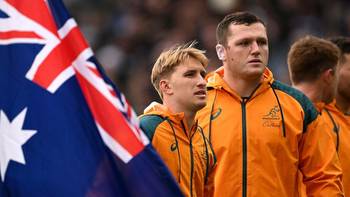The Eddie Jones legacy and what’s next for the Wallabies
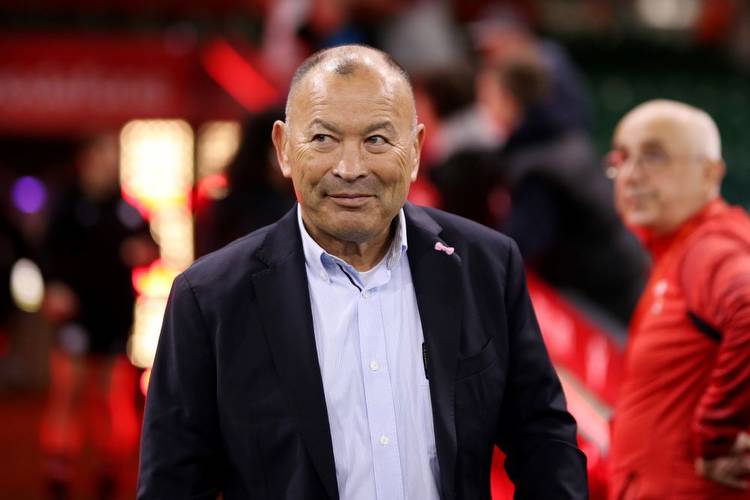
Before he had coached a game for the Wallabies, Eddie Jones surveyed journalists about the problems with the side. Now, fans are left to ask the same question after his tenure has ended before his five-year tenure really got started.
Jones’s stint lasted less than 20% of the intended contract length - ten and a half months after he signed, Jones stepped away with a complicated legacy after his gamble to take youthful players failed to deliver the intended jackpot.
He was brought in to replace Dave Rennie, with the Kiwi’s 38% win rate touted as the determining factor for his replacement, despite the growth seen in the Wallabies program.
Ironically, Jones finishes his time with the worst record of an Australian coach, winning just two from nine games – just 22%.
The former England coach’s return to Australia was hailed as a ‘reset’ for the game, looking to return the Wallabies to playing an ‘Australian style of Rugby’
"We’ve got to develop that Australian style of game that everyone buys into, which is a combination of quality set-piece, an aggressive attacking mindset, and wanting to get the ball quickly when we don’t have it,” he said.
What followed was a style of Rugby that constantly evolved but never seemed to develop as preached. There was a kicking-heavy strategy to start the year against South Africa whilst the rolling maul, which had become a strength, fell away as games went on.
When Jones asked a collection of writers what the problems were, a bevy of issues were floated up before the coach decided that it was because the media weren’t tough enough on players. When results didn’t follow, that same pressure he asked for was directed toward the coach.
Losses against New Zealand and South Africa in The Rugby Championship could be accepted as teething pains, but when Jones was pressed about the omission of a host of experienced stars in his Rugby World Cup squad, he snapped.
The likes of Michael Hooper, Quade Cooper, Bernard Foley, Pete Samu, Jed Holloway and Len Ikitau were left out. While some carried niggling injuries, it is understood all would have been fit for the majority of the tournament.
In that same chat with journalists, he’d talked about the need for a bigger seven but no one saw Tom Hooper coming at the start of the year. Ikitau meanwhile had been lauded as one of the better outside centres in world Rugby, but Jones couldnot get past Jordan Petaia’s breakout 2019 World Cup at outside centre and locked in the outside back alongside Samu Kerevi.
Meanwhile, Quade Cooper and Bernard Foley were left to head back to Japan as rising star Carter Gordon was shown the ultimate sign of faith in being named the only fly-half in the squad - before being dropped to the bench during the World Cup.
The media’s first chance to ask Jones about his selections in person was at Sydney Airport as the squad departed for France - leading to the infamous airport press conference calling for uppercuts to be delivered to the "negative" journalists who questioned his plans. Jones would later concede that he got this wrong.
As the Wallabies boarded the plane for the Rugby World Cup, little did the squad know about the tumult of what was to unfold in the coming weeks.
Following a win over Georgia, there was a one-two punch coming in defeats to Fiji and Wales. The Wallabies tried to match the Fijians’ power game and came off second best as Fiji played their best game of the tournament to come away with their first win over Australia in nearly 70 years.
A week later, the Wallabies were left in tears on the field after suffering a record World Cup defeat to the Welsh side. Wales had found itself in the same position as the Wallabies six months earlier; with a new coach with minimal preparation time. The key difference? Wales backed their experienced players to do the job at the showpiece event, making calculated adjustments to the existing program.
With these two defeats, you could sense the shift of mindset within Australian fans.
On the morning of the Wales match, reports surfaced of an alleged Zoom interview for the Japanese head coaching role - it was a story the fans and media would not let Jones escape from, especially as the likelihood of an unprecedented pool stage exit loomed larger.
This wasn’t the first time these rumours had emerged but the combination of poor results and the optics around a potential chat with a World Cup rival left many to shift their viewpoints.
Any talks of building towards 2027 started to fall on deft ears as Jones was left to fend off questions in his typical style whilst praying for a Portuguese miracle to make the quarter-finals.
The miracle came but it was not big enough; the Wallabies failed to reach the knock-out stage for the first time.
Jones returned home and preached from the same hymn book but eventually, the position became near untenable and Jones left at the start of November.
Many question what Jones was thinking with his strategy but in the same way his past press conference takes will be held over his head, there are nuggets that show he remains one of the sharper minds in the game.
Jones was a great salesman of the game, taking it to the ‘horse guy’ and NRL CEO Peter V’landys whilst his podcast during the Six Nations/Super Rugby Pacific shot to the top of the tables.
He forecasted the need for multiple captains and ended up using six as Hooper, Slipper, Alaalatoa, McDermott, Skelton and Porecki led the side out for separate reasons.
Jones raised eyebrows with the selection of utilities but watched on as a Springbok team won a World Cup that had played a back-rower as back-up hooker, scrum halves on the wing and a seven-one split bench that saw a winger cover half.
After asking the initial question to journalists, Jones eventually settled on the problem being the system that had delivered ‘20 years of unsuccessful rugby’, the same system that a year earlier delivered a win over the eventual world champions and a remarkable comeback that deserved a win over the finalists All Blacks in Melbourne.
So where to for the Wallabies?
There’s still an analysis to be done of what went wrong, with Andrew Slack, the first Wallabies World Cup captain, to lead an external three-member panel that will deliver their results at the end of 2023.
The rebuild will start in Super Rugby Pacific and the need for those Wallabies who went through a wild year to recapture their confidence and form. The likes of Carter Gordon and new Force playmaker Ben Donaldson were thrown into some tough situations and can use the competition as a clean slate to express themselves.
There’s a genuine possibility that by the time the Melbourne Rebels kick off the Super Rugby Pacific season against the ACT Brumbies on February 23, we still might not know who the Wallabies coach is.
The Wallabies program will likely find itself with the cleanest slate it has had in some time, and Super Rugby Pacific will be must-watch to see who will put their name forward for the July in-bound Tests come around.
As for who comes in as coach, that’s another mystery.
Do you go for an experienced coach in Michael Cheika, Ian Foster or Joe Schmidt or an ex-Wallabies assistant ready for their big break in Stephen Larkham, Dan McKellar or Jason Gilmore? Is nationality important, or is RA genuinely open to the best coach irrespective of their passport?
Ultimately, the next coach as well as the long-anticipated and soon-to-be-hired Director of Rugby has a slew of talent that have been thrown into the deep end, and they will need to find a way to harness those experiences in a positive manner.
Australians love to get behind an underdog and in international sport, there’s none bigger at the moment than the Wallabies. Any thoughts of a breakthrough Bledisloe seem far-fetched but with a new coach at the All Blacks, and a host of legendary players departing, is there an opportunity to get it right against the Wallabies’ greatest rivals?
The British and Irish Lions represent perhaps the Wallabies' greatest challenge as we look forward to their tour Down Under in 2025. They’ll also have a new coach, Warren Gatland stepping away from the position as he focuses on Wales.
Only England made it out of the quarter-finals and if picked today, Ireland would dominate but how much will yet another quarter-final exit take out of them?
The home Rugby World Cup in 2027 has been held up as the ultimate goal to work towards but France showed you can plan for it as much as possible, even go in as the favourites, and still not be guaranteed a strong result.
The second coming of Eddie Jones was short-lived, though it could not be accused of being short on controversy, interest, tumult, or soundbites.
His legacy leaves the Wallabies and Rugby Australia in a tough spot. On its to-do list is a new Wallabies coach and accompanying staff – as well as a new full-time Wallaroos coach, a new Director of High-Performance, a debt raising process to inject funds into the business before the revenue raisers of the Lions Tour and home World Cups, and an ambitious centralisation project that RA believes will fundamentally change the way Australian Rugby operates to prioritise national success.
That is a lot to get right – and a lot of pressure for those in charge to deliver. However, the payoff for getting it right could be huge for the game in Australia.

